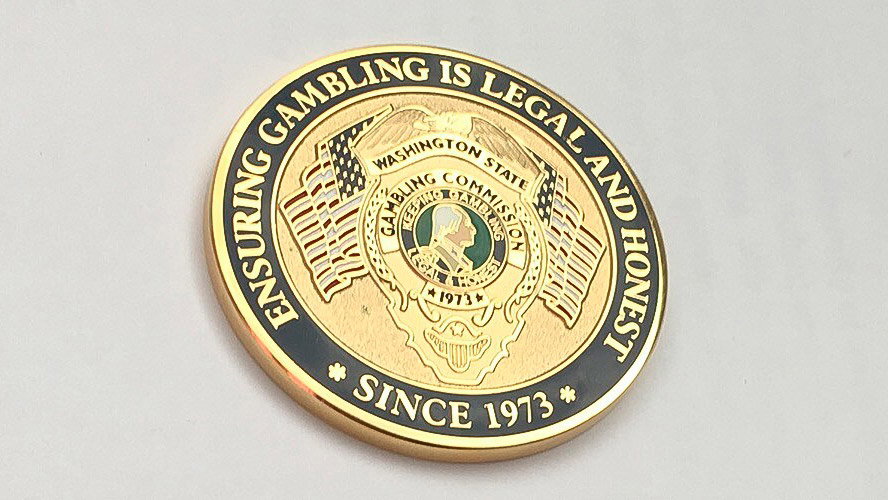Washington State gambling commissioners reach tentative ETG agreements with four tribes
The Washington State Gambling Commission announced that it has reached tentative agreements with four additional federally recognized tribes in the state on amending their gaming compacts.
The Cowlitz Indian Tribe, Nisqually Indian Tribe, Spokane Tribe, and Suquamish Tribe have all agreed to adopt the proposed compact amendment language negotiated by the Jamestown S’Klallam Tribe for electronic table games.
These proposed compact amendments will establish a new framework for offering electronic table games at each tribe’s respective gaming facilities. The agreements will now undergo a joint Senate and House Legislative hearing on July 10, 2023, followed by a vote at the Gambling Commission’s public meeting on July 20, 2023.
Washington State gambling commissioners noted the public has the opportunity to provide comments on the proposed compact amendment by emailing [email protected].

The process for these tentative agreements involves several steps. A Joint Legislative Hearing will be held on July 10, 2023, allowing both the Senate Business, Financial Services, Gaming, & Trade and House Regulated Substances & Gaming Committees to review the agreements.
The Gambling Commission will then vote on the proposed compact amendment during its public meeting on July 20, 2023, to decide whether to forward it to the Governor.
If the Commission approves the amendment, it will be sent to the Tribal Chair for final consideration and signature. Once both the Tribal Chair and the Governor have signed the amendment, it will be submitted to the Secretary of the United States Department of Interior for consideration and publication in the Federal Register.
However, it is important to note that the compact amendment is not final until it is published in the Federal Register. Only then can electronic table games begin at the tribal gaming facilities.
Under the Indian Gaming Regulatory Act of 1988, Indian tribes in Washington State can conduct Class III gaming activities on their lands if conducted in accordance with a tribal-state compact.
The Gambling Commission is responsible for negotiating these compacts on behalf of the state. Currently, there are twenty-nine federally recognized tribes in Washington State, with twenty-two tribes operating twenty-eight gaming facilities under Class III gaming compacts.

